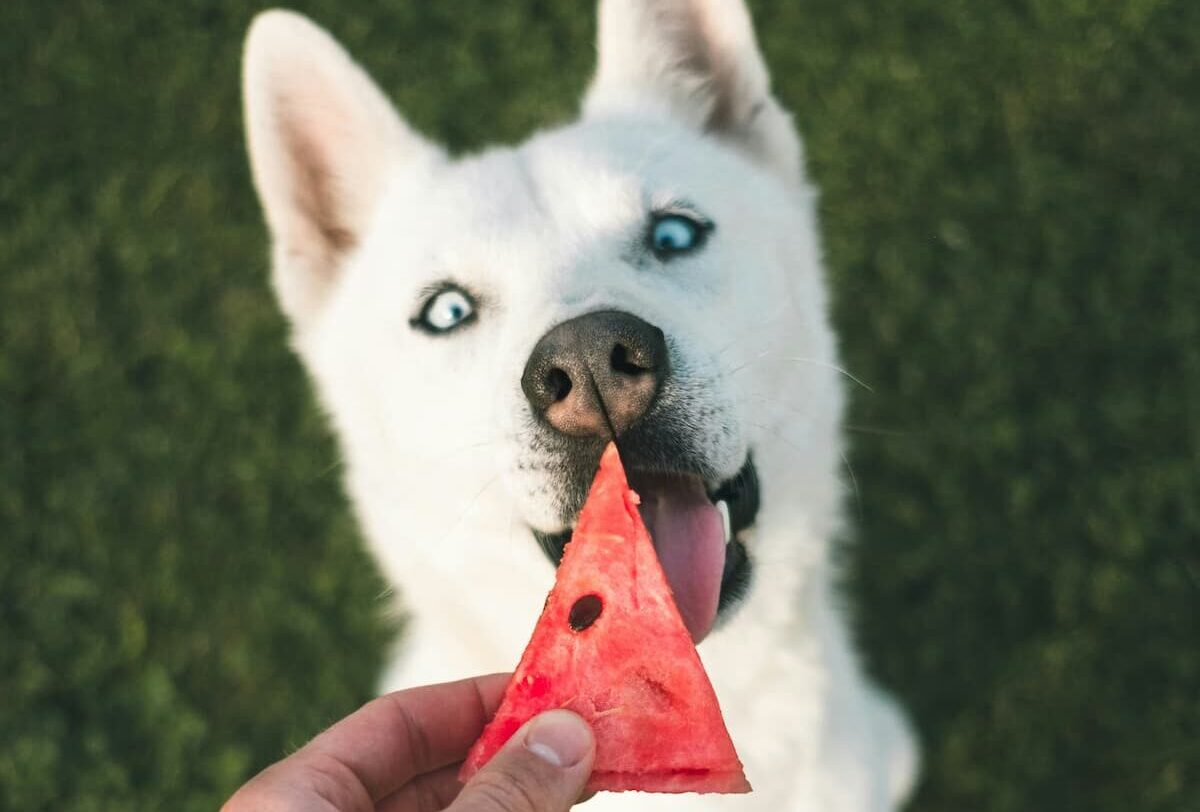Have you ever experienced the start of an ordinary day turn into a less-than-ordinary one when you unexpectedly step on a puddle of slimy goo, courtesy of your furry companion?
Yes, I’m talking about that delightful surprise when dogs decide to spit up right in the middle of your morning routine.
It’s not the most pleasant experience for us humans or for our beloved pets.
But have you ever wondered why your four-legged friend indulges in this rather peculiar behavior?
This article will answer the question: Why do dogs spit up?
Understanding the Causes and Solutions About Why do Dogs Spit Up?
It’s no surprise that dogs can bring so much joy and happiness into our lives.
They wag their tails, greet us with enthusiasm, and shower us with love.
But just like any other living creature, they can also experience some health issues from time to time.
One of the most common concerns that dog owners face is when their furry friend starts spitting up.
If you’ve noticed your dog regurgitating food or liquid, you may be wondering why this happens and what you can do about it.
When it comes to why dogs spit up, there can be a variety of reasons behind it.
Here are some common causes:
Eating Too Quickly
Just like some humans, dogs can be eager eaters.
When they gobble down their food too fast, it can cause them to swallow air along with their meal.
This excess air in their stomach can lead to discomfort and eventually result in them spitting up.
Dietary Concerns
The quality and composition of your dog’s diet can play a role in their propensity to spit up.
Certain foods may not agree with their digestive system or may be too difficult for them to process, leading to regurgitation.
Gastrointestinal Issues
Dogs can also experience a wide range of gastrointestinal problems, such as acid reflux, gastritis, or an obstruction in the digestive tract.
These issues can cause irritation and inflammation, leading to spitting up.
If your dog is spitting up, don’t panic just yet.
There are several solutions you can try to help manage or eliminate this behavior:
Slow Down Mealtime
If your dog tends to eat too quickly, try using specialized feeding bowls or puzzle feeders that can slow down their eating pace.
This will not only prevent them from swallowing air but also promote mental stimulation.
Review Their Diet
Consider evaluating your dog’s diet and make sure you’re providing them with high-quality, easily digestible food that suits their specific needs.
Consulting with your veterinarian can help you determine the best diet for your furry friend.
Contact Your Vet
If your dog’s spitting up persists or is accompanied by other concerning symptoms such as loss of appetite or weight loss, it’s crucial to seek professional help.
Your veterinarian will be able to assess your dog’s health and provide appropriate treatment if necessary.
FAQ
Q: What exactly is dog spit-up?
A: Great question!
Spit-up refers to the regurgitation of partially digested food or liquid that comes up from a dog’s stomach and is expelled through their mouth.
It’s not the same as vomiting, as that involves forceful contractions of the stomach muscles.
Q: Why do dogs spit up in the first place?
A: Well, several reasons could be behind Fido’s little spit-up episodes.
One common factor is overeating.
Just like us humans, dogs can sometimes gobble up their meals a bit too quickly, leading to indigestion and the urge to bring it back up.
Q: Are there any health conditions that cause dogs to spit up?
A: Absolutely!
Dogs with certain health issues may experience more frequent spit-up episodes.
For instance, conditions like acid reflux or gastritis can irritate a dog’s stomach lining, making them more prone to spitting up.
It’s always best to consult with a veterinarian if your pup’s spit-up seems excessive or persistent.
Q: Can anxiety or stress trigger spit-up in dogs?
A: Indeed, just like us, dogs can be affected by stress and anxiety.
If your furry friend goes through a bout of nervousness or experiences something that unsettles them, it can lead to an upset stomach and, consequently, episodes of spit-up.
Q: What can I do to prevent my dog from spitting up?
A: Well, there are a few handy tricks to minimize this occurrence.
First, try not to give them access to an overflowing food bowl all at once.
Feeding them smaller, more frequent meals can help regulate their digestion.
It’s also worth considering a bowl specifically designed to slow down their eating pace.
Additionally, keeping your canine companion relaxed and away from stressful situations can greatly reduce the chances of them spitting up.
Q: Should I worry if my dog occasionally spits up?
A: In most cases, occasional spit-up should not be a major cause for concern.
However, if it becomes more frequent or your dog shows other signs of distress, like losing weight, vomiting, or having diarrhea, it’s crucial to consult a vet promptly.
They’ll be able to determine whether further investigation or treatment is necessary.
Q: Can I offer home remedies to relieve my dog’s occasional spit-up?
A: While it’s always best to consult your vet for professional advice, there are some simple remedies you could try!
One option is to feed your dog smaller meals more frequently, as we mentioned earlier.
Elevating their food bowl slightly can also help with their digestion.
Some pet owners have found success with adding a teaspoon of pumpkin puree to their dog’s food, as it acts as a natural digestive aid.
It’s also important to remember that what works for one dog may not work for another, so professional guidance is vital.
Q: Is dog spit-up ever a sign of something more serious?
A: While most spit-up episodes in dogs are harmless and resolve on their own, it could occasionally indicate an underlying health issue or an improper diet.
If you notice persistent or worrying symptoms, such as blood in the spit-up, weight loss, or a substantial decrease in appetite, it’s best to consult with a vet to rule out any serious conditions.
Q: Can I prevent dog spit-up altogether?
A: Unfortunately, it’s not always possible to prevent every single spit-up incident.
Some dogs may be more prone to it due to their breed, size, or certain medical conditions.
However, following proper feeding practices, ensuring your pup has a stress-free environment, and providing them with a balanced and appropriate diet can significantly decrease the frequency of spit-up episodes.
Essential Insights to Remember
Just like humans, dogs can experience an upset tummy from time to time, and we should be understanding and provide them with the care they need.
Remember, it’s always a good idea to keep an eye on their dietary habits, ensuring they’re not munching on things they shouldn’t be, and to steer clear from sudden changes in their diet.
Paying attention to portion sizes, especially for those enthusiastic eaters, will also go a long way to prevent any unwanted spit-ups!
So, as responsible and loving dog owners, let’s not panic when we spot that not-so-pleasant puddle on the carpet.
Instead, let’s do a little detective work, try to identify the root cause, and if necessary, seek veterinary advice if we suspect something more serious is going on.












